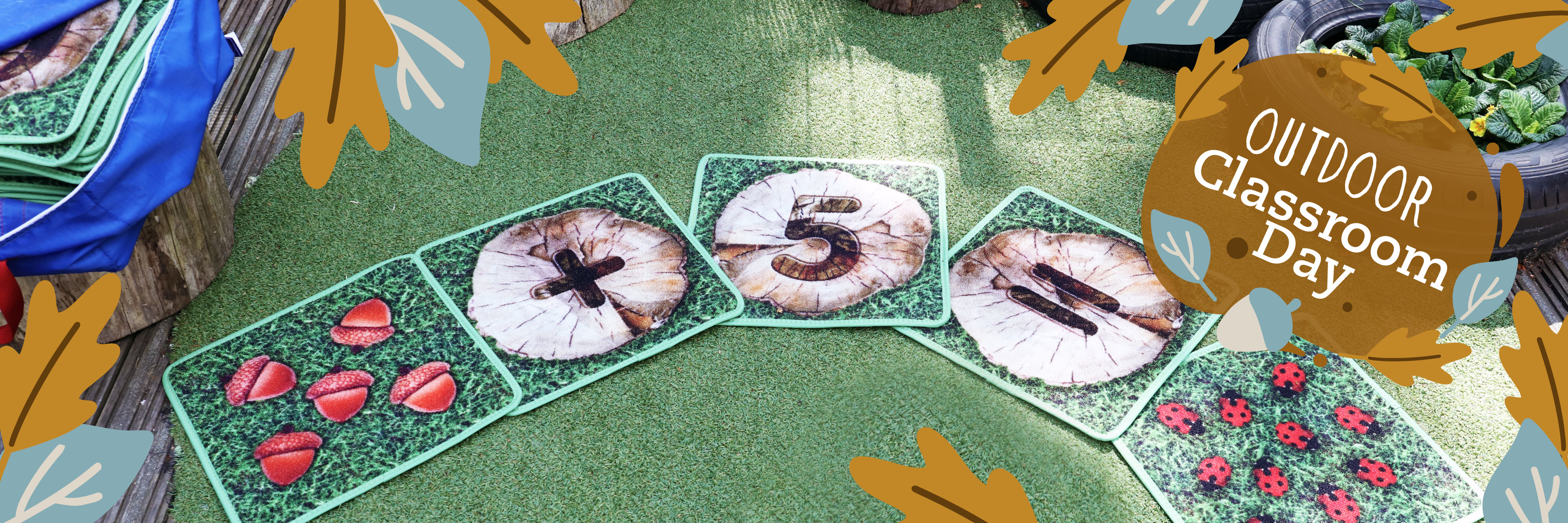

The Benefits of using Outdoor Space
Learning and playing outdoors has huge benefits for children, but even more so in this current climate. Feedback from the teaching community has shown a desire to use outside spaces as much as possible.
Children spend a lot of time in the classroom, especially with the unpredictable British weather, but variety in the learning environment is key to keeping them engaged. There is value in providing both indoor and outdoor learning environments, especially in the early years, and it can help if children are at the centre of planning for outdoor activities and experiences.
The main benefits of providing outdoor activities are:
Stimulating Creativity
Being outdoors and away from the constraints of a classroom allows children to be more creative, playing and learning from the natural environment around them. The natural stimuli will inspire a child’s imagination and empower them to plan their own activities and play at their own pace.
Outdoor Learning
Teaching outside can be a powerful tool to help children realise that learning is an ongoing process and doesn’t just happen in a classroom. Outdoor learning doesn’t just have to be about forest school, it could involve counting objects or reading outside in the fresh air, which can provide a valuable boost to a child’s concentration. Being outside is also a sensory experience and allows children to use their senses in different ways including smells, sounds, sights and textures.
Promoting A Healthy Lifestyle
Getting outdoors will encourage active play, allowing children to develop their physical skills and promoting a fit and active lifestyle. Active play will also help them to burn off extra energy before going back into the classroom which will result in improved concentration and behaviour once back inside.
Develops Social Skills
Outside activities provide space for children to naturally come out of their shells. It allows them to play with others within their bubble that they don’t necessarily interact with in the classroom. A lot of outdoor activities can be unstructured or child-initiated play which will encourage the development of social skills, as well as speaking and listening to classmates, and help to build their confidence.
Encourages Wellbeing
Studies have shown that being outdoors has a positive impact on our wellbeing. Connecting with nature helps us all feel calmer and happier, and encourages a positive mentality that is beneficial both to children and teaching staff. Being outside will promote vitamin D production, helping children to be healthier and stronger, as well as encouraging independence and building their self-esteem.
Environmental Awareness
Exploring different environments that are potentially new to some children allows them to push boundaries and be more confident but it also allows teachers the freedom to get creative with their class and to introduce hands on learning. The seasons can be seen and explored first hand and the direct impact of climate changes can be observed and discussed, helping children to be aware of the natural world around them and gain an understanding of their own impact upon it.
The biggest advantage of outdoor play is that the environment can easily be adapted for any age range or ability. Providing the setting is attractive, safe and secure, children will have no hesitation in getting stuck into whatever activity is planned. The only thing you can’t plan for is the great British weather, which is why many of our resources are suitable for both indoors and outdoors, so if you need to change your plans half way through we have you covered!